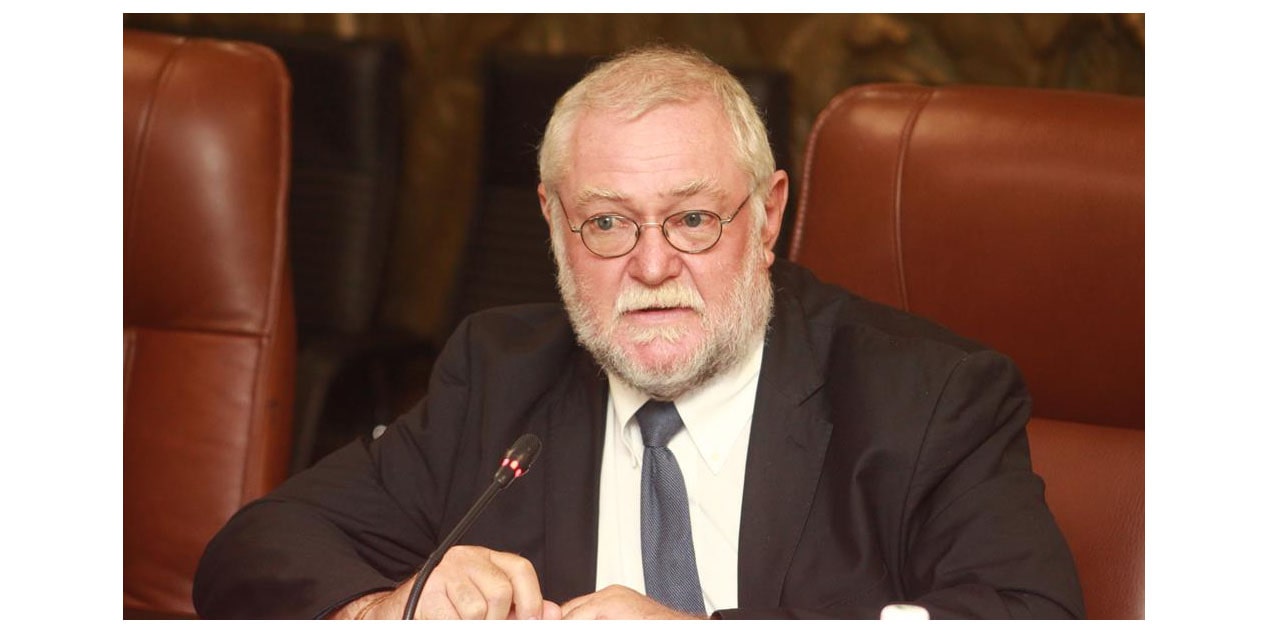Niël Terblanché
While the world struggles with the impacts of climate change, it has become increasingly evident that the planet is facing a water crisis that threatens the existence of all people.
It has emerged at the Africa Climate Summit currently underway in Nairobi, Kenya, that a three-pronged global crisis that encompasses climate change, financial instability, and political upheaval has highlighted the urgency of prioritizing climate-resilient investments in water. The theme of this year’s summit is “Accelerating Climate Resilient Investments in Water.”
Calle Schlettwein, Namibia’s Minister of Agriculture, Water, and Land Reform, while addressing the summit said that climate change has manifested itself with alarming intensity.
“Droughts, floods, out-of-season storms, wildfires, unprecedented heatwaves, melting glaciers, and rising sea levels have become distressingly common,” he said.
According to the minister, these climatic changes have disrupted the Earth’s water cycle which not only exacerbates water scarcity but also makes secure water supply more elusive and costly, particularly for developing nations.
“While the international climate agenda predominantly focuses on mitigating carbon emissions and achieving carbon neutrality in industrialization, it often neglects the pivotal role of water,” he said.
The minister added that the freshwater cycle, or “green water,” is in jeopardy, posing ripple effects on food security, health, sanitation, and overall development. The phenomenon also threatens biodiversity.
He emphasized that correcting the architecture of the climate change agenda to include water as an equally critical element is imperative, necessitating dedicated financing for the water sector.
“Simultaneously, a financial crisis is looming because the current international financial architecture is struggling to cope with a globalized world. Debt crises, exchange rate fluctuations, and the weaponization of financial rules perpetuate inequality and impede the prospects for developing economies. In Africa, the debt crisis has pushed many nations to the brink of default, exacerbating inflationary pressures, particularly in food and fuel prices, affecting large segments of the population,” he said.
He added that Africa, in particular, is struggling with soaring food and fuel prices, which disproportionately affect its youthful population and as a result, economic growth.
According to Schlettwein, the situation necessitates a reevaluation of financial strategies, prioritizing funding for the water sector, mobilizing domestic resources, and establishing a dedicated fund within the Climate Funding Agenda for the Water Crisis.
In this regard, an annual commitment of US$30 billion by 2030 for water supply security and sustainable sanitation in Africa is proposed as a minimum benchmark, aligning with Africa’s aspiration for prosperity and reduced income inequality.
The minister said that immediate concrete actions include halting illicit financial outflows, ensuring equitable returns from natural resources, bolstering agriculture and biodiversity initiatives, and de-risking green industrialization ventures such as green hydrogen and solar power.
He said Africa’s political instability and conflicts consume resources that could otherwise be directed toward addressing the Climate Change Agenda.
“Water scarcity contributes to conflicts, making transboundary dispute resolutions even more challenging,” he said.
He added that Africa possesses abundant resources, including water, and has the potential to become a global breadbasket, harness green energy, and empower its youthful population.
The High-Level Committee at the Africa Climate Summit stated that it is committed to leading the way out of these crises.
Their proposed action plan is a critical step toward implementing Africa’s agenda for the UN 2023 Water Action Agenda on the continent.
The committee is determined to address the intertwined challenges of climate change, finance, and politics.




